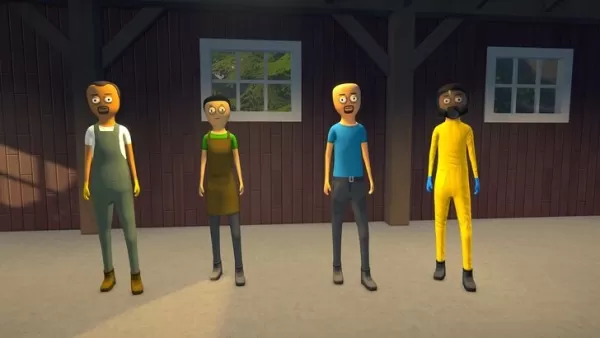
Yasuhiro Anpo, the director behind the acclaimed remakes of Resident Evil 2 and Resident Evil 4, shared insights into the decision-making process that led to the revival of the 1998 classic. Anpo noted, "We realized: people really want this to happen." This revelation came after observing the fervent desire from fans to see the game restored to its former glory. In response, producer Hirabayashi decisively stated, "Alright, we'll do it."
Initially, the team considered tackling Resident Evil 4 first. However, after thorough discussions, they recognized that RE4 was already highly revered and nearly perfect in its original form. The risk of altering such a beloved game was deemed too great. Consequently, the focus shifted to an older title in the series that required significant modernization. The developers even delved into fan projects to gain a deeper understanding of what the community desired from a remake.
Yet, skepticism was not confined to Capcom alone. Even following the successful releases of the remakes for Resident Evil 2 and 3, and the announcement of the Resident Evil 4 remake, fans voiced their concerns. Many argued that Resident Evil 4, unlike its predecessors, did not necessitate an update to the same extent.
The earlier Resident Evil games, released in the 1990s on the original PlayStation, featured elements such as fixed camera angles and cumbersome controls that had become outdated. In contrast, Resident Evil 4, launched in 2005, revolutionized the survival horror genre. Despite initial reservations, the remake successfully captured the essence of the original while enhancing gameplay and narrative elements.
The commercial triumph and glowing reviews of the Resident Evil 4 remake validated Capcom's approach. It demonstrated that even a game considered nearly sacrosanct could be reimagined with reverence for the original and a fresh, creative perspective.


 LATEST ARTICLES
LATEST ARTICLES 












